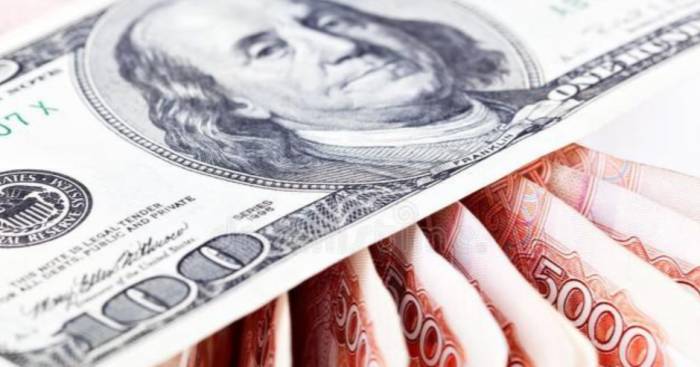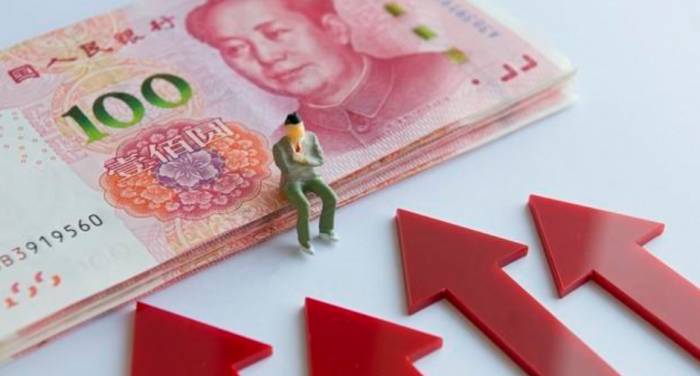Recently, the global chip market has been quite peculiar, and it has been so throughout the year.
Why has the situation changed so suddenly?
What major events have occurred?
In fact, there haven't been any significant events recently.
The chip industry is a trend that has accumulated over the long term, and the momentum has become irreversible by human effort.
The United States has made a huge strategic mistake in this process.
We say the global chip market is peculiar, and a symbolic event is Intel's performance plummeting while Samsung's has skyrocketed, and China has emerged as a dark horse.
What is the situation really like?
Let's list the recent important events and data, which will make things clear at a glance.
1.
Intel's performance has plummeted, and a large-scale layoff plan has been announced.
On August 1, Intel announced that it would lay off 15,000 people and suspend dividends in the fourth quarter.
On August 2, Intel released its second-quarter financial report, with revenue of $12.8 billion, a year-on-year decrease of 1%, and a net profit loss of $1.6 billion, compared to a net profit of $1.5 billion last year.
This is already Intel's loss for two consecutive quarters.
Such a frightening performance has led the capital market to directly hit Intel, and on Friday local time, Intel plummeted by 26.06%, the largest drop in more than 40 years.
Although the U.S. stock market fell across the board during the same period, among the giants, none fell as frighteningly as Intel.
Others were dragged down by the market, while Intel seemed to be dragging down the entire market.
2.
Last year, South Korea's Samsung suffered heavy losses, but this year its performance has surged, and the reason is clear.
On July 31, Samsung Electronics of South Korea released its second-quarter financial report, with revenue of 74 trillion won, a year-on-year increase of 23%.
Operating profit exceeded 10 trillion won (approximately 54.7 billion yuan), a year-on-year increase of 1462%.
Net profit was 9.8 trillion won, a year-on-year increase of 471%.
The reason for Samsung's performance surge is very clear, which is the significant increase in exports to China and Southeast Asia.
South Korean chip companies obtained exemptions from U.S. chip rules at the end of last year, and South Korea also significantly adjusted its relationship with China in the second half of last year.
In fact, it's not just chips; South Korea's overall exports have been surging this year.
Official data from South Korea shows that due to the continued strong demand for chips, South Korea's export growth rate in July set a six-month record.
Chips are obviously the main driving force behind South Korea's exports.
In June, South Korea's chip export volume reached $13.4 billion, a year-on-year increase of 50.9%, and in July, it increased by 50.4% year-on-year.
South Korea's chip exports have been growing for nine consecutive months.
3.
China's chips have suddenly dominated the charts, which is very surprising.
In the first half of the year, China's integrated circuit production was 207.1 billion pieces, a year-on-year increase of 28.9%.
In the first half of the year, China's chip export volume was 542.7 billion yuan, a year-on-year increase of 25.6%, surpassing the export volume of automobiles at 320.6 billion yuan and a growth rate of 22.2%, as well as surpassing the amount and growth rate of other export mainstays such as mobile phones and home appliances, becoming the largest export industry.
The key point is that the above production and exports are solidly the world's first.
Behind this is the crazy expansion of chip production capacity.
In the first half of this year, China's import amount of semiconductor equipment was $19.4 billion, a year-on-year increase of 58%, among which nearly half of the equipment from Dutch ASML and Tokyo Electron was sold to China.
4.
The United States has made a strategic mistake and plans to adjust its chip restriction strategy.
On August 1, Reuters reported that the Biden administration plans to make significant adjustments to the chip export restrictions that are about to be implemented, intending to include Japanese, Dutch, and South Korean chip equipment manufacturers in the exemption list.
The report also said that chip equipment manufacturers including Tokyo Electron and ASML will be granted exemptions.
Just a few days ago, the U.S. media also reported that the Biden administration plans to implement the most stringent chip restriction policies, and now it's about to reverse?
Are the Americans unable to withstand the pressure?
Or has the Biden administration given up?
Obviously, the United States is not so weak, nor is it so kind-hearted.
This is likely because the Americans suddenly realized that they have made a huge mistake in their chip strategy.
Since the second half of last year, the United States has pursued a "small yard, high wall" strategy, trying to block China's advanced chip business while relaxing restrictions on consumer and mid-to-low-end chips from countries like South Korea, allowing them to compete with China in the mature chip market.
In fact, they were very successful, and we are indeed struggling in the field of advanced chips.
However, the Americans did not expect that by blocking advanced chips, we would not be anxious or stubborn, but would instead bypass and occupy the mature chip market.
It is precisely in this area that we have a huge natural advantage.
If we compare technology, we may not necessarily win, but if we compare production capacity and scale, the United States may not be a match, let alone South Korea.
At the same time, facing the fierce competition from South Korea, we took the opportunity to bring South Korea into the game, and in fact, formed a situation where both sides share the mature chip market.
Not long ago, we said this was a joint effort between China and South Korea, and many people did not believe it; perhaps China and South Korea did not join hands openly, but there was tacit understanding.
Therefore, while the United States is closing its doors to advanced chips, China and South Korea are vigorously entering the mature chip market.
Faced with this situation, the United States is likely to change its strategy, opening up dumping in the mature chip field while guarding the advanced chips.
From this point on, the global chip war is imminent.






























Leave a Comment